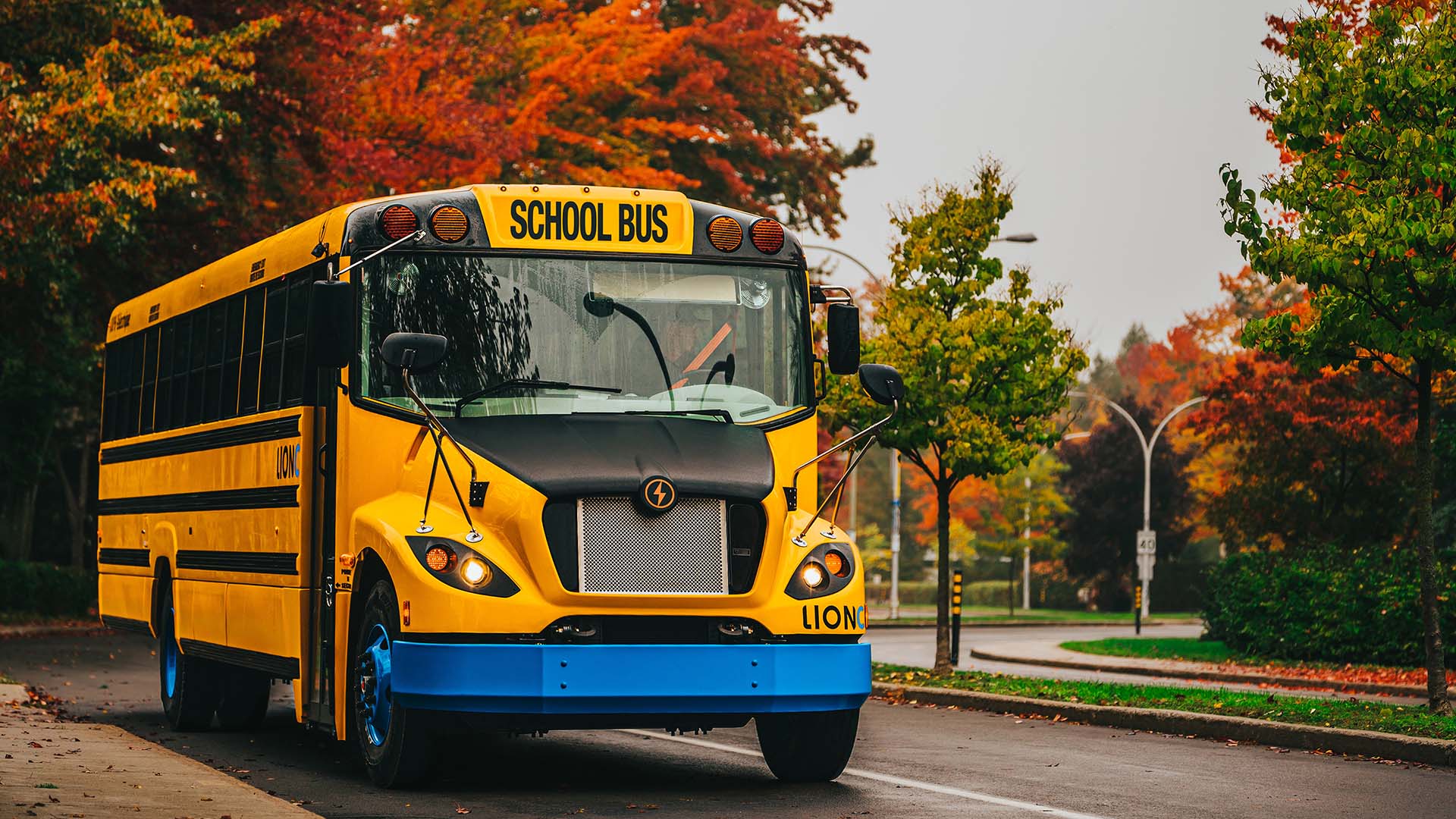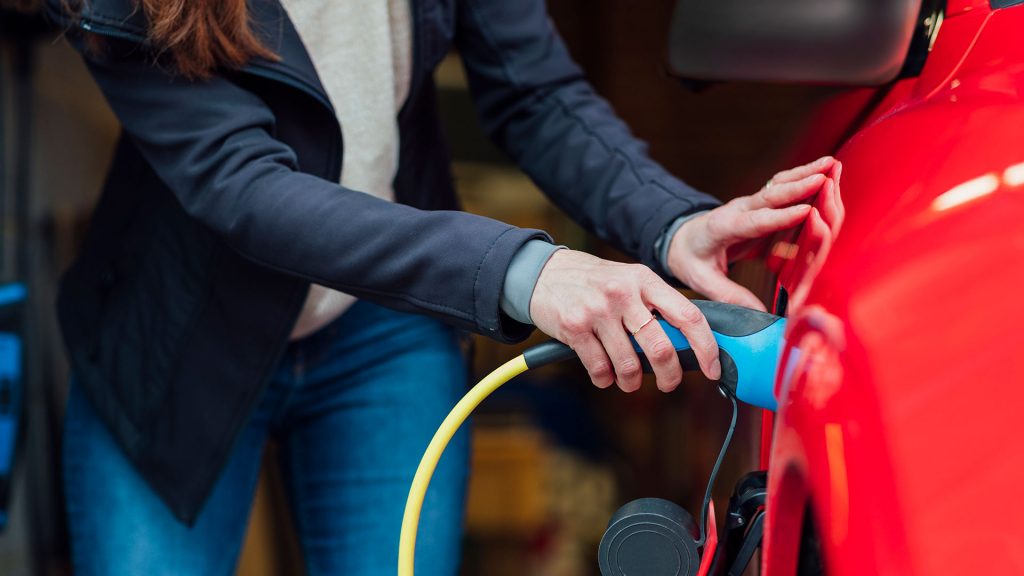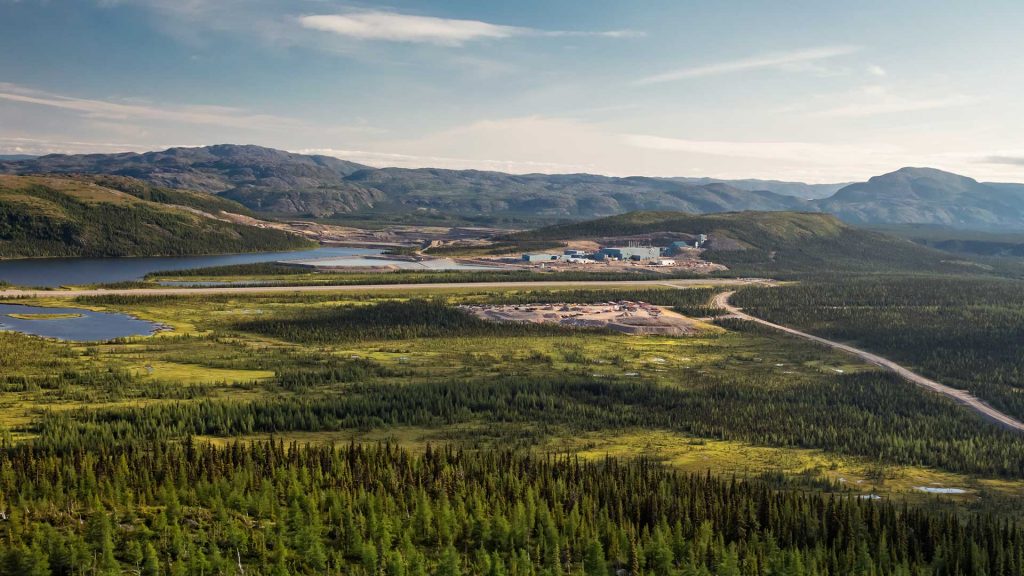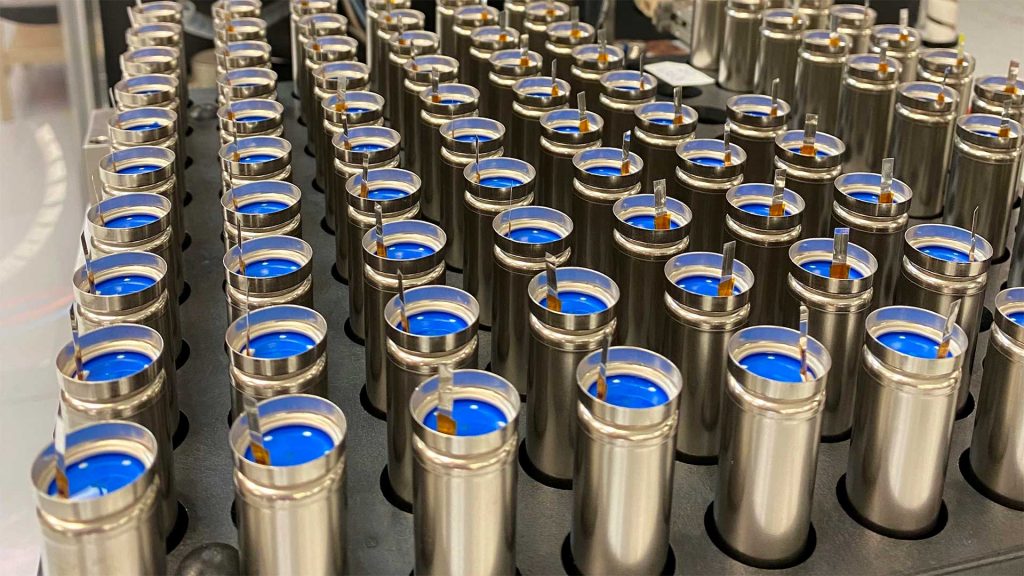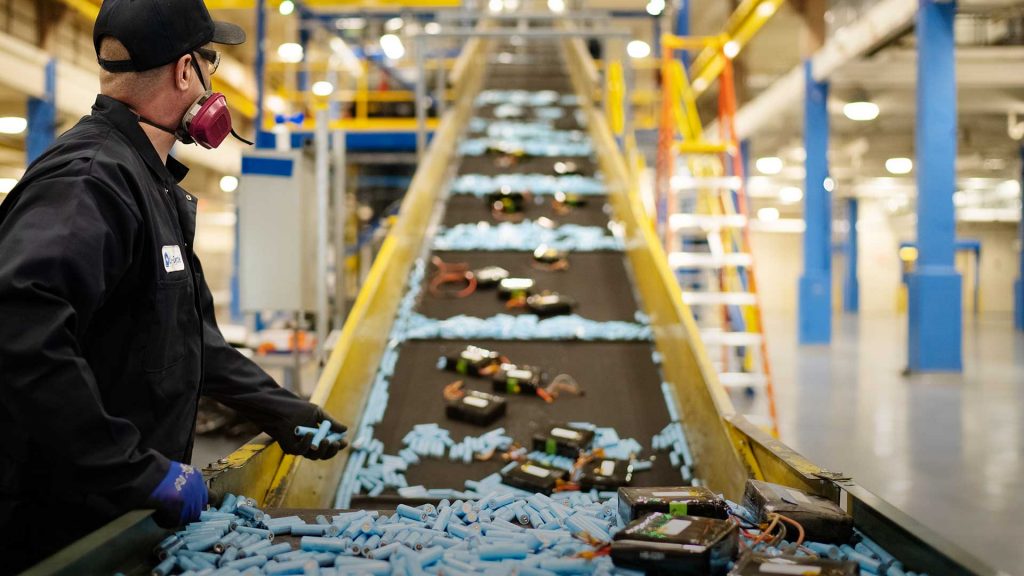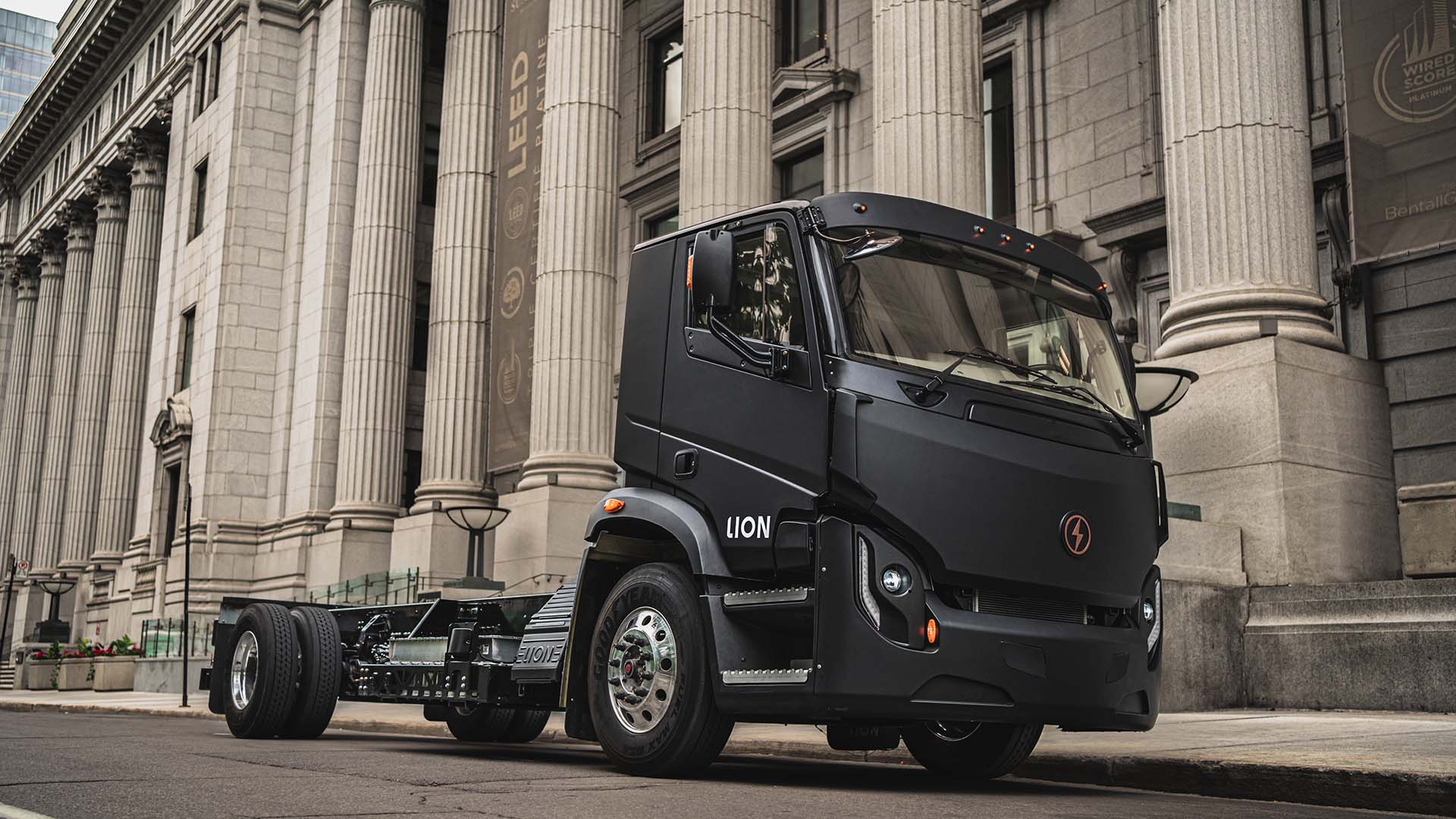
The Battery In Your Next Electric Vehicle Will Probably Come From Canada
Canada is in a unique position. It has the capacity to build electric vehicles (EVs) from start to finish. And it has the resources to build the batteries that power them.

Canada is in a unique position. It has the capacity to build electric vehicles (EVs) from start to finish. And it has the resources to build the batteries that power them.
Quebec’s Lion Electric is a striking embodiment of this power confluence. The company is the world’s leading producer of electric school buses, with more of these vehicles on the road than any other manufacturer. Proud to design, build, and assemble its heavy-duty trucks and buses, Lion will be opening its own battery manufacturing facility in the latter half of 2022.
The decision is strategic, in part, explains Marc Bedard, CEO – Founder of Lion Electric. “Top-to-bottom integration gives us more control over the supply chain.”
But there are other advantages that only exist in Canada, not least of which is access to the metals and minerals that make up a li-ion battery. Bedard continues, “Access to raw materials is really important. We can save on transportation costs, our emissions are lower, and we don’t have to rely on imports.”
The same advantages are attracting other global li-ion leaders, too, such as StromVolt and Britishvolt, which have both announced major new facilities in Quebec – keen to minimize the miles between base metal and battery.

End-to-end ecosystem
If the materials are what bring companies like Britishvolt to Canada, it’s the ecosystem they’ll stay for. “We source many of our parts from Canadian suppliers,” says Bedard. “The technology and components we have in Canada are world-class.”
Those high standards are partly attributable to a talented workforce, Bedard says, drawing on substantial pedigree in automotive assembly, mining, and cutting-edge R&D. It’s a talent pool the government and industry associations are actively cultivating to support the transition to electrified transport.
Plugging in to this ecosystem provides li-ion producers a ready customer base of EV manufacturers like Ford and GM, which are actively seeking a local, low-carbon supply of batteries. Canada’s strong transport links to the U.S. also open the door to the entire North American market – a logistical advantage cited by Britishvolt in its decision to base its new plant in Quebec.
It’s an ecosystem completed by a government committed to decarbonization in every sector, something that provides both clean energy for li-ion production, and reliable politics.
Dual decarbonization
Big infrastructural investments like building battery plants can be risky without clear policy direction and dependable support from national governments. Bedard cites both as reasons for integrating his company’s supply chain in Canada.
“What really defines where Canada is going is dual decarbonization – a simultaneous transition to clean energy and transportation,” he says. Having invested heavily in hydroelectricity, Canada’s electricity grid is one of the cleanest in the world, substantially reducing emissions in EV manufacturing, as well as vehicle charging.
National and regional policy are full-throated in their long-term for sustainability, too. Sales of internal combustion vehicles will be banned in Canada from 2035. The Zero-Emission Transit Fund has allocated $2.75 billion (CAD) to electrifying public and school transport. And Quebec is spending $250 million (CAD) to replace its gas-powered school buses with electric alternatives – from suppliers like Lion Electric – over the next three years.
Policies like these capitalize on the unique advantages Canada has for cultivating its EV sector, but they also help to drive it. Having comprised $1 billion of the country’s GDP in 2015, and 10,000 jobs, the sector is expected to grow to $152 billion GDP and 1.1 million jobs by 2040.

Canada stands for quality
With all the elements in place – from raw materials and robust logistics to clean energy and sustainable policy – Canada is fast emerging as the natural leader for li-ion production in the West.
As the country’s battery sector flourishes, it will no doubt burnish Canada’s already stellar reputation for EV manufacturing, one that Bedard says is “growing every year.” It won’t be long, he believes, until “others look to Canada as the place to go for the best in EV manufacturing.”
Read more
